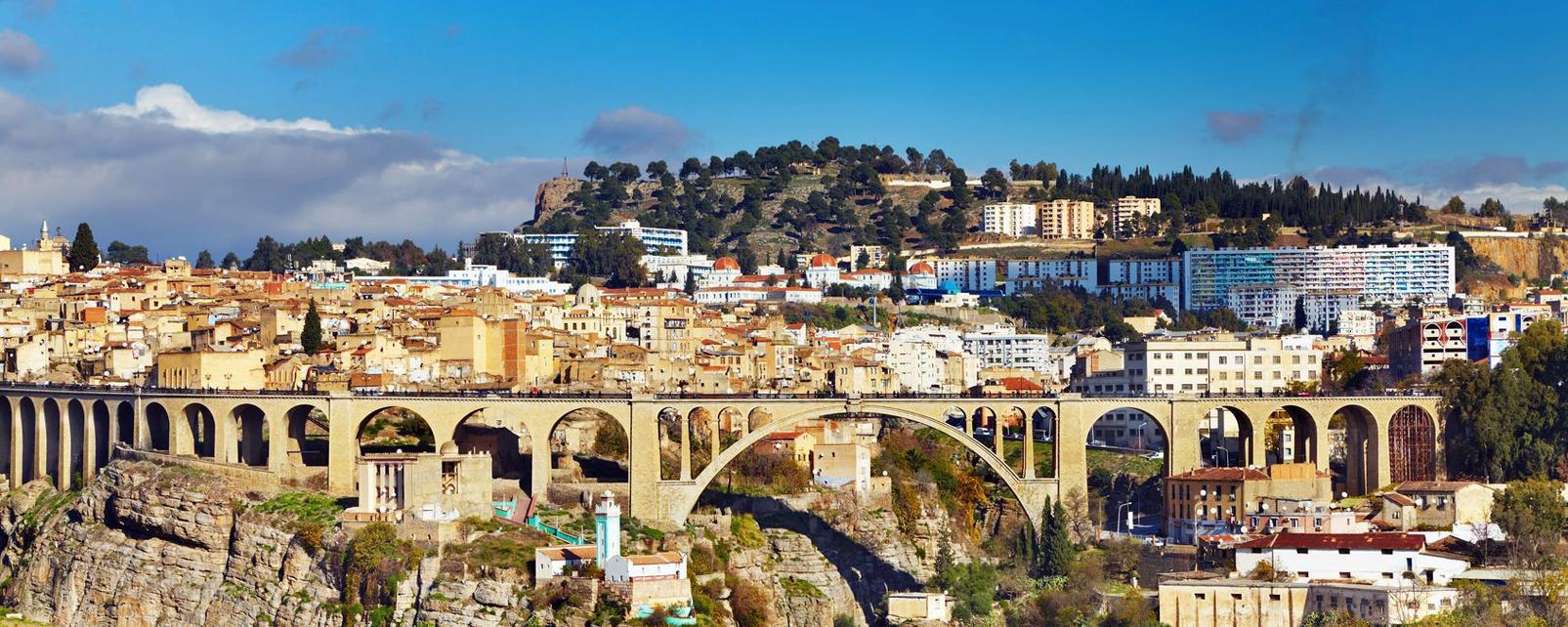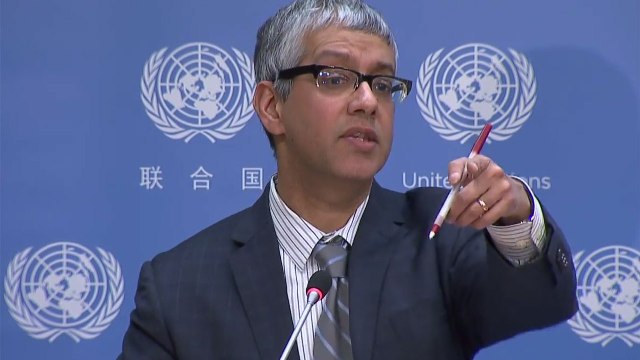 Battered by a sharp decline in its international reserves, Algeria made of tourism a key sector to relieve its economy from an acute dependency on oil revenues. However, little is done to boost the contribution of tourism in GDP, which remains limited to 1.4% in 2016 with most tourists being Algerian expatriates returning to visit their homeland.
Battered by a sharp decline in its international reserves, Algeria made of tourism a key sector to relieve its economy from an acute dependency on oil revenues. However, little is done to boost the contribution of tourism in GDP, which remains limited to 1.4% in 2016 with most tourists being Algerian expatriates returning to visit their homeland.
With over 1600 km of Mediterranean coastline, important cultural and historical sites, and the vast desert, Algeria is endowed with a potential that could enable it to be a leading tourist destination. Nevertheless, the country is falling short of establishing a reputation as a tourist friendly state as it continues to be perceived as lacking tourist infrastructure coupled with serious security concerns.
The tourism sector has been sidelined since the country’s espousal of socialism. In the 1990s, the civil war dealt the already fragile sector a heavy blow. As of 2008, authorities made of tourism a “national imperative” and struggled to improve the country’s image with the goal to expand from 1.74 million tourists in 2007 to 20 million tourists by 2025. A draconian goal when considering that only 2.4 million tourists visited the country in 2017 compared to 11 million tourists for Morocco and about 7 million for Tunisia.
The underdeveloped tourist infrastructure is by large a detrimental factor to the growth of tourism in Algeria which ranks 111th out of 136 countries in the World Economic Forum 2017 ranking offering 0.1 hotel room for 100 inhabitants.
The lack of incentives for private foreign and local investors is another impediment. In a country where foreign investors are only allowed to own 49% of shares, it is hard to lure global tourism operators to the Algerian market.
General Manager of Hilton Algiers had told the Global Ris insights that Algeria lacks supporting industries to develop effectively, citing the banking sector as an example.
“Because only one bank in Algeria provides credit card payment terminals, it usually takes 20 minutes for clients to pay when they check out,” he commented. “This is unacceptable to develop our tourism business.”
Algeria’s visa regime has long been an obstacle to attracting foreigners to the country. Algiers imposes nearly visas on all foreigners. This burdensome process further undermines Algeria’s competitiveness globally.
By imposing strict visa processes, Algeria is sending the world a message that it does not want tourists. Some analysts deem that Algeria is only interested in domestic tourism since it cannot protect foreign tourists.
This raises the issue of latent terrorism. In Algeria, tourists cannot leave big cities without heavy police presence. A trip to the desert would require a special permission and escort by security forces. The Algerian breathtaking desert is awash with terrorist groups that engage in kidnapping and ransom taking.
In 2014 a French tourist, Herve Gourdel, was beheaded by a terrorist group linked to IS after being kidnapped in the mountains of Kabylie east of Algiers.
The UK travel advice for instance advises to avoid traveling to Algeria’s insecure south. The US for its part advises visitors to Algeria to be aware as “terrorist groups remain active in some parts of the country.”
While Algeria has natural and cultural assets that enable it to be a leading tourist destination, the successive governments have done little to build a strong tourism infrastructure, enhance the country’s image globally and lure investors and foreign tourists alike to the country. While security conditions have improved since 1990s, Algeria still struggles to put an end to residual terrorism, which further undermines its efforts to promote tourism.



